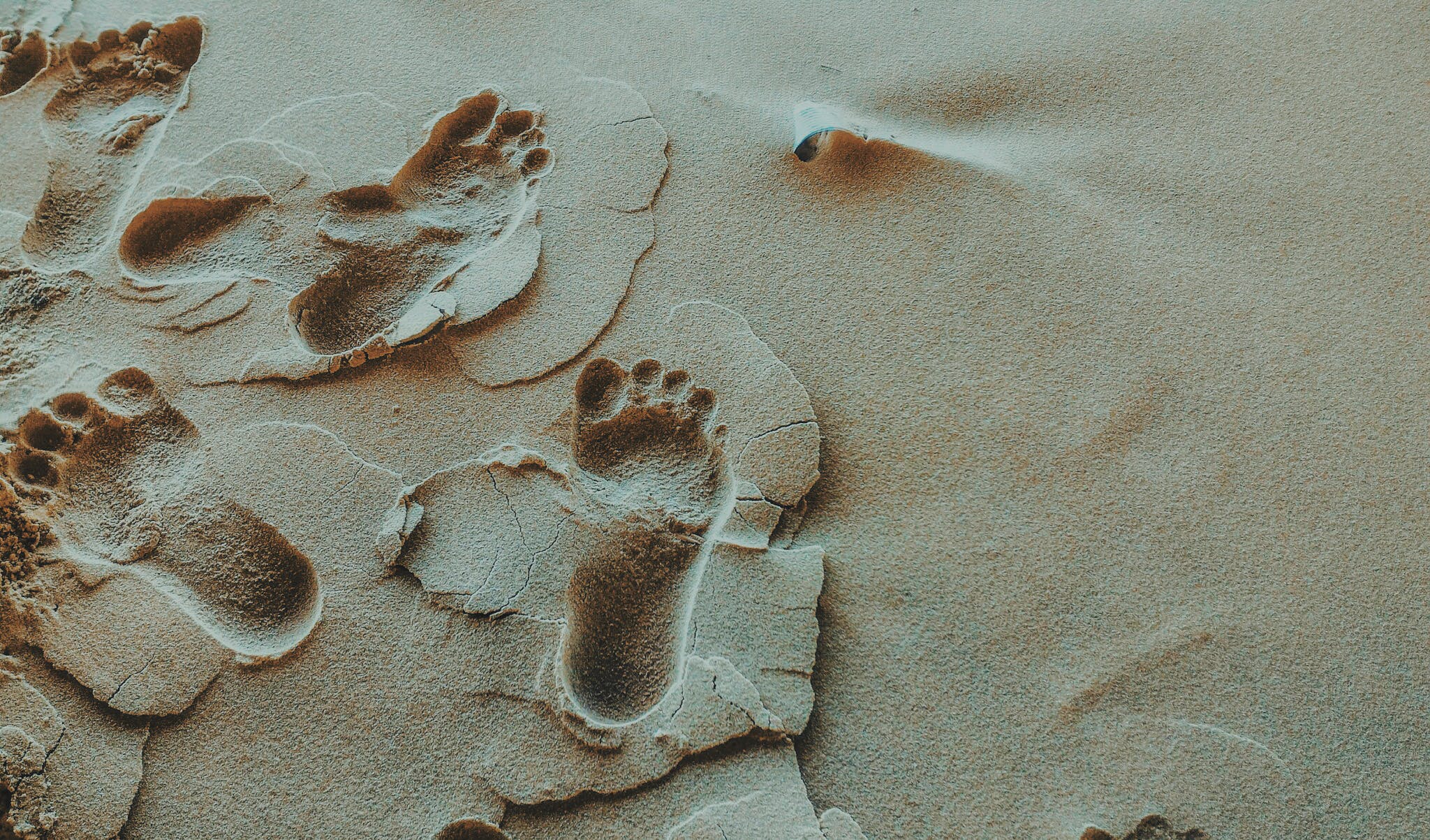Foot scan and foot pressure management
Last updated: January 12th, 2025

A foot scan captures detailed information about the structure and pressure distribution of a person's feet.
A foot scan might use pressure-sensitive platforms or insoles. These are equipped with sensors or pressure-sensitive materials to measure the force exerted on different areas of the feet when standing, walking, or running.
The pressure distribution across the feet is recorded in real-time as the person stands or walks on the platform. Or wears the insoles. This information helps in understanding how weight is distributed. In so doing it detects areas of high or low pressure. And identifies any irregularities in foot mechanics.
Prescription
Foot scans are often prescribed by healthcare professionals such as podiatrists, orthopaedic surgeons, physiotherapists, or other specialists involved in treating foot-related issues. They may recommend a foot scan for various reasons, including:
Foot Pain: Individuals experiencing foot pain or discomfort may undergo a foot scan to identify the source of the problem and develop targeted interventions.
Orthotic Design: Foot scans are to create custom orthotics (shoe inserts) that provide better support and alignment for individuals with foot abnormalities or imbalances.
Gait Analysis: Foot scans are valuable for assessing gait patterns, helping healthcare professionals understand how a person walks and identifying any abnormalities or asymmetries.
Sports Performance: Athletes may undergo foot scans to optimize shoe selection, improve biomechanics, and prevent injuries related to foot mechanics during sports activities.
Diabetic Foot Care: Diabetic patients may have foot scans to monitor pressure distribution and identify areas at risk for developing ulcers or other complications.